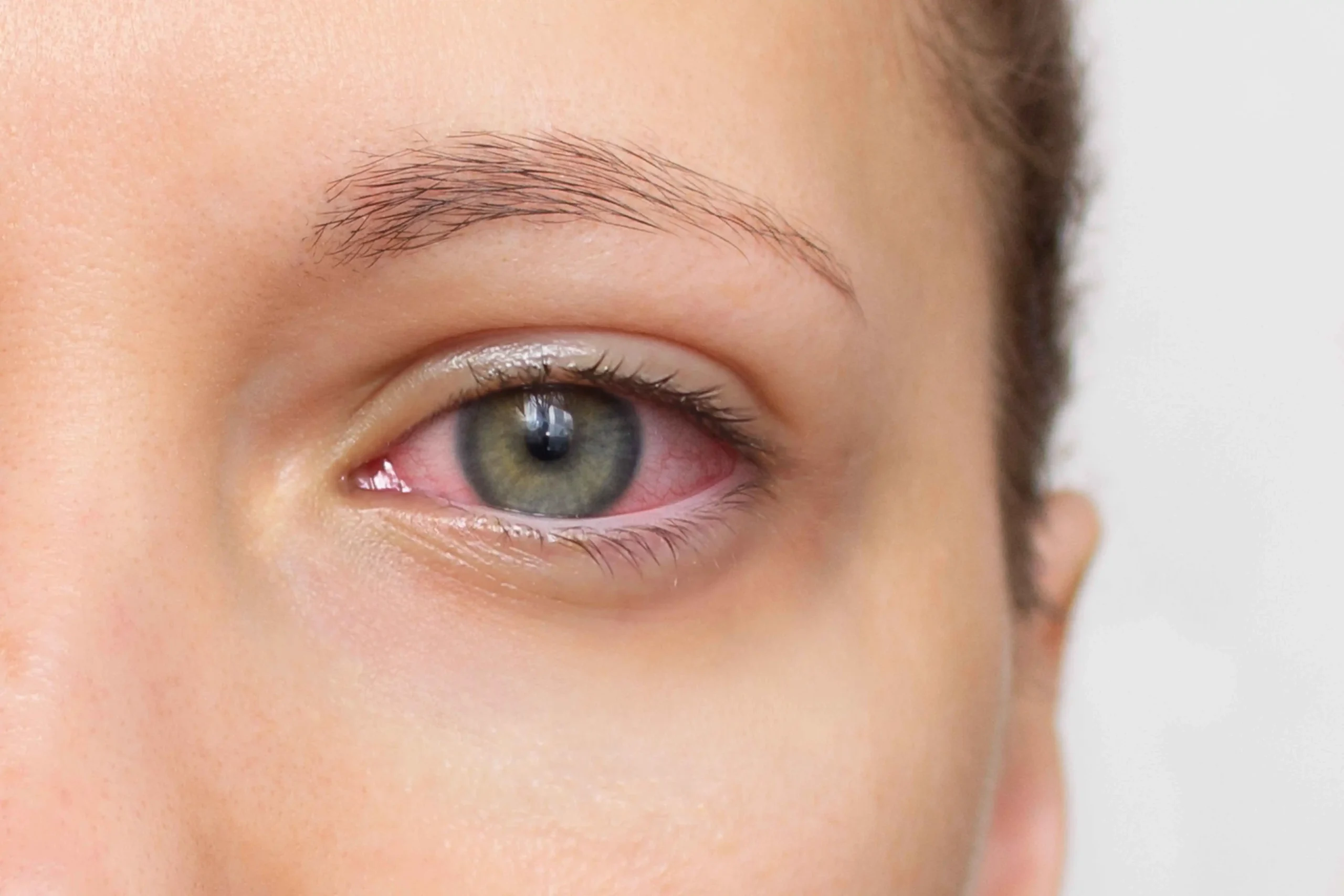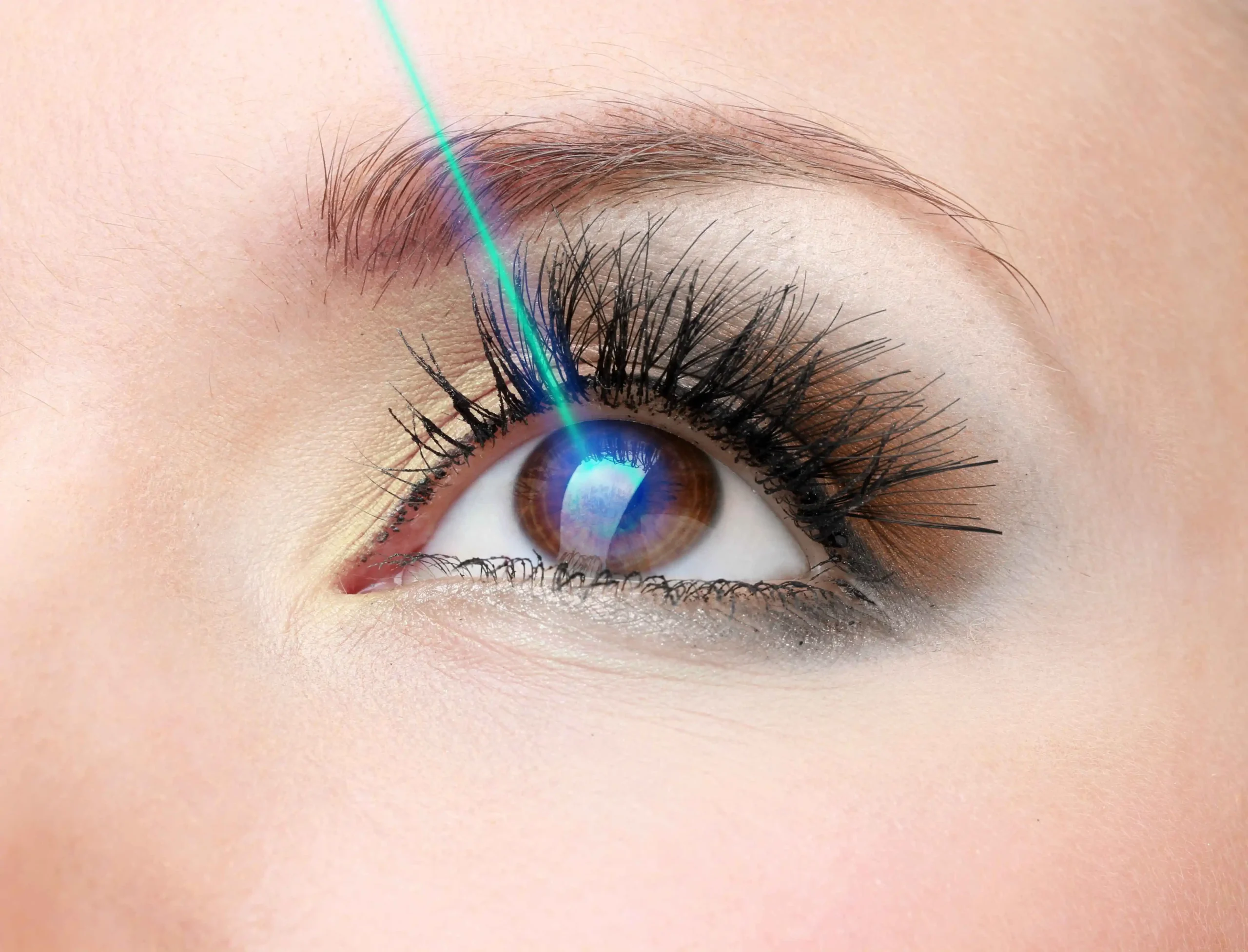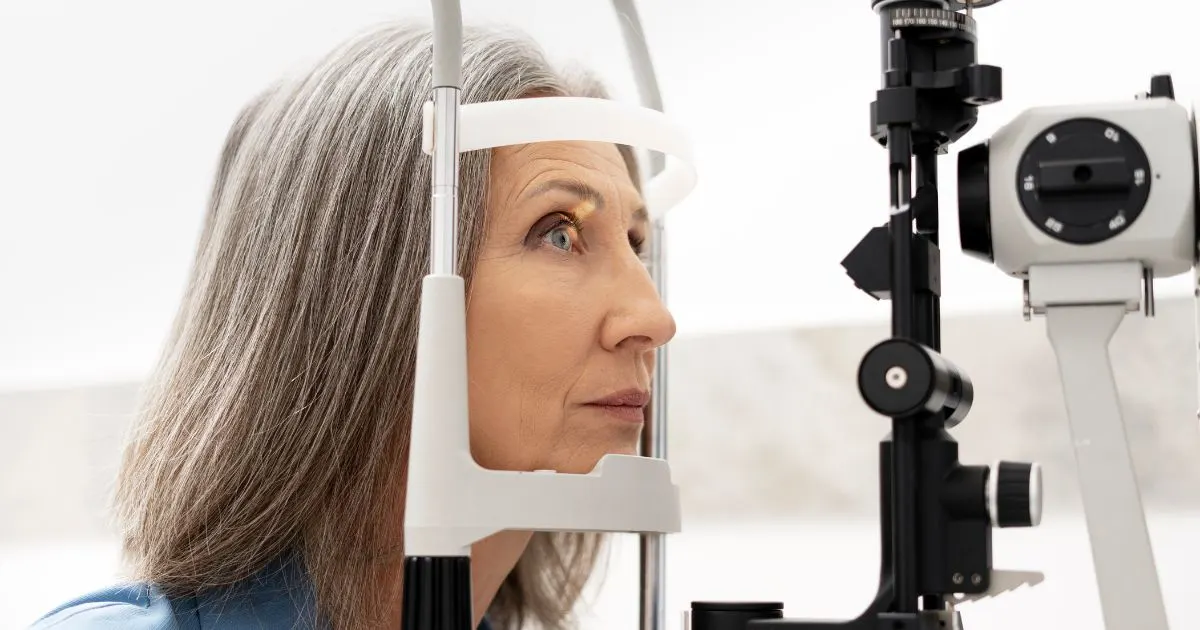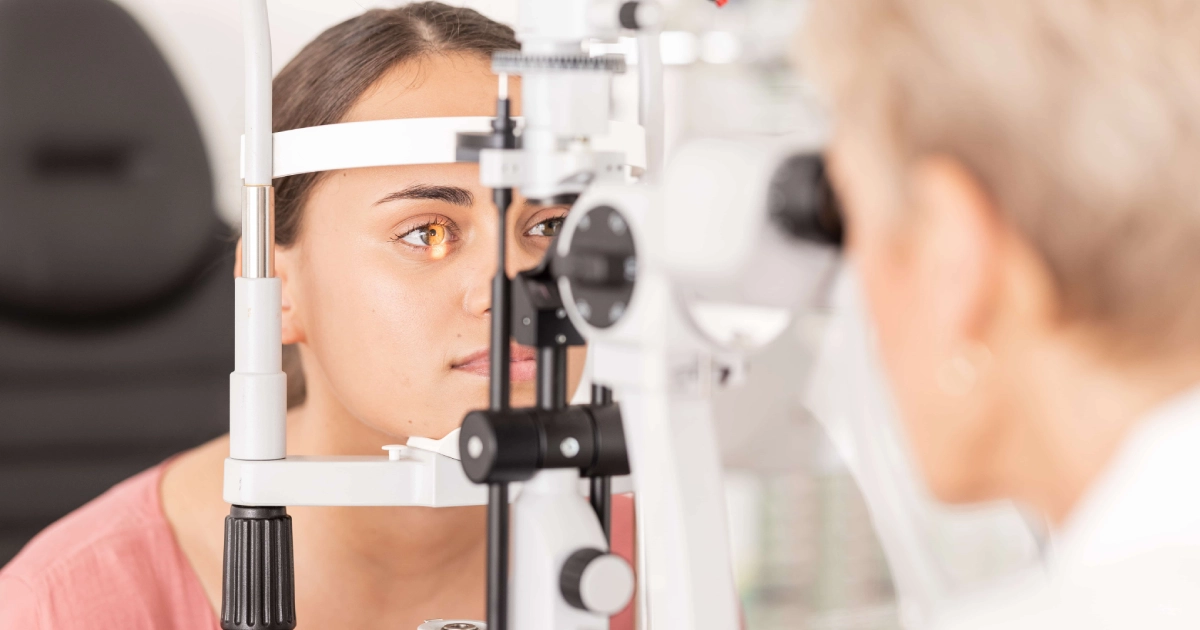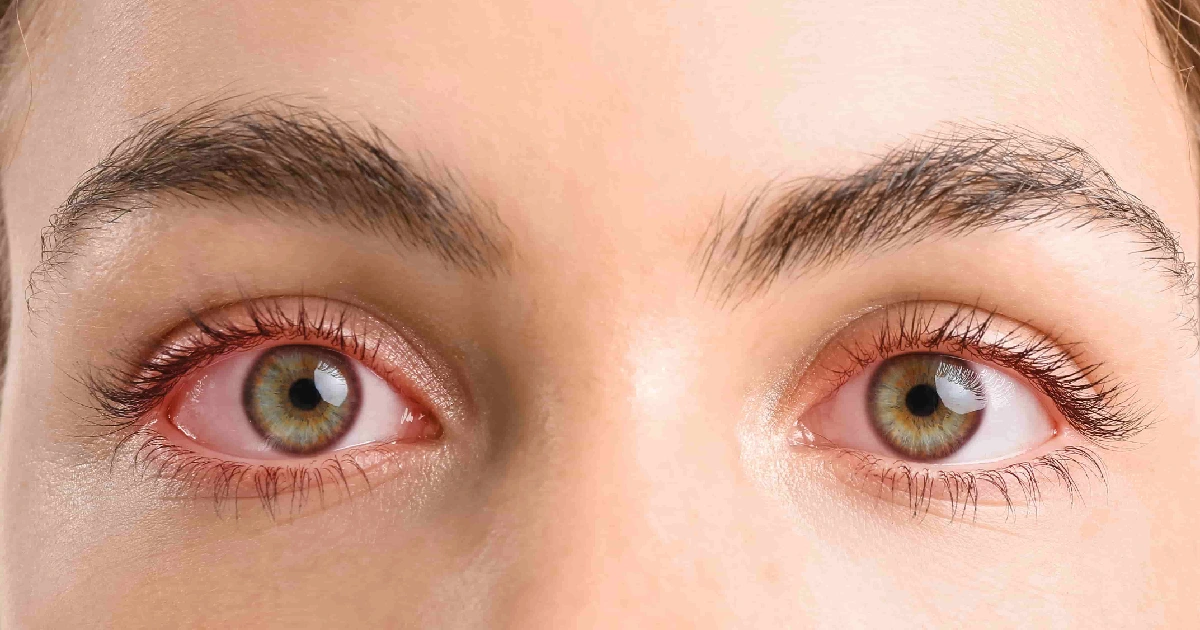Table of Contents
Are you struggling to read fine print, or noticing that familiar faces seem just a bit out of focus? These gradual changes in eyesight often get brushed off as a regular part of aging—but in many cases, they signal something more serious: macular degeneration. For adults over 50, this progressive eye condition is a common cause of vision loss, particularly affecting your ability to see clearly in the center of your field of vision.
The good news? Catching and managing macular degeneration symptoms early at each stage makes a significant difference. Macular degeneration in Chicago, IL, is a chronic, often age-related condition that affects the macula—the part of your retina responsible for sharp, central vision. Over time, the macula deteriorates, causing blurry or distorted vision, particularly in the center of your visual field.
Protecting your eyesight from Macular Degeneration doesn’t need to be complicated; it starts with a simple step. Our board-certified optometrists at Norwood Park Eye Center are here to guide you through every stage of care with personalized expertise and a plan that fits your life.
How to Recognize Symptoms at Every Stage
Understanding the symptoms of macular degeneration, which vary depending on the stage, is key to taking control of your eye health and seeking timely treatment. This knowledge empowers you to be proactive in managing your condition.
Early Stage
At this point, symptoms might be so subtle that you barely notice them. However, some of the early signs include:
- Needing brighter light to read or work
- Mild blurriness when looking at fine details
- Trouble adjusting to low-light environments
- Slight difficulty recognizing faces
These signs are easy to dismiss, but they often indicate the beginning of dry macular degeneration.
Intermediate Stage
As the condition progresses, you may start to notice:
- Distorted or wavy lines, especially on printed pages or digital screens
- Increased sensitivity to glare
- Difficulty reading, even with corrective lenses
- Reduced contrast sensitivity (dark colors blending into each other)
This stage often signals more pronounced damage to the macula, requiring evaluation by a specialist.
Advanced Stage
In the advanced stages—particularly in wet macular degeneration—symptoms become more severe and life-altering:
- A noticeable dark or empty spot in the center of your vision
- Significant distortion of shapes and lines
- Rapid vision loss over weeks or months
By this stage, urgent treatment is often necessary to slow the progression and protect remaining vision.
Why Early Detection Matters
Treating macular degeneration early offers several key advantages—both emotionally and practically.
- Preserves existing vision: Early interventions can slow or even halt the progression of vision loss.
- More treatment options: Some therapies are most effective in the initial stages, especially for wet macular degeneration.
- Maintains independence: Being able to drive, read, and manage tasks on your own supports your lifestyle and well-being.
- Reduces anxiety: Knowing what’s happening with your eyes brings peace of mind and a proactive path forward.
Ignoring the signs can lead to a missed window for more effective care. Many patients regret not taking action sooner—don’t be one of them.
Who Should Be Concerned?
While macular degeneration can technically affect anyone, some groups are more at risk. If any of the following apply to you, it’s worth scheduling a screening:
- Adults over 50, particularly those over 65
- Individuals with a family history of macular degeneration
- Smokers, who face a significantly higher risk
- People with high blood pressure or heart disease
- Those who spend extended time in bright sunlight without eye protection
- Anyone experiencing early symptoms, even if mild or sporadic
Worried that your blurry vision may be just from reading too much or aging eyes? It could be—but it might also be a sign of a deeper issue. At Norwood Park Eye Center, we often see patients who delayed evaluation and wished they had come in sooner.
What to Expect from Treatment
If you’re considering macular degeneration treatment in Chicago, IL, it’s important to remember that the treatment process is manageable and often well-tolerated. This can help you feel more at ease about seeking care and taking control of your eye health.
Step 1: Comprehensive Eye Exam
Your eye care provider will:
- Conduct a thorough vision test.
- Use state-of-the-art imaging, such as Optical Coherence Tomography (OCT), to view your retina.
- Check for early signs of retinal thinning or abnormal blood vessels.
This diagnostic phase helps determine which type of macular degeneration you have and how far it has progressed.
Step 2: Personalized Treatment Plan
Treatment based on whether you have dry or wet macular degeneration:
- Dry form: Managed with lifestyle adjustments, eye health supplements (like AREDS2), smoking cessation, and regular monitoring.
- Wet form: Often treated with anti-VEGF injections into the eye to stop peculiar blood vessel growth. In some cases, laser therapy may also be used.
Treatments are typically performed in-office, with minimal discomfort and no need for general anesthesia.
Step 3: Post-Treatment and Recovery
- Most injections take only 10–30 minutes and don’t require downtime.
- Patients may undergo minor discomfort or blurred vision for a few hours.
- You’ll return for follow-ups to monitor progress and adjust treatment as needed.
Step 4: When to Expect Results
For wet macular degeneration, many patients begin to see improvements within weeks. For dry macular degeneration, results are slower and focus more on preserving current vision than restoring lost clarity. In either case, consistent care leads to better outcomes.
Frequently Asked Questions
What are the early symptoms of macular degeneration?
You may notice blurry central vision, distorted lines, or increased sensitivity to light. These symptoms often appear gradually.
Can macular degeneration be reversed?
While it can’t be reversed, timely treatment can slow or stop progression—especially with wet macular degeneration.
Is the treatment painful?
Injections involve minimal discomfort and are usually well-tolerated. Numbing drops are used to make the process as comfortable as possible.
Is macular degeneration genetic?
Genetics plays a role. If your parents or siblings have it, your risk increases.
Can lifestyle changes help?
Yes, lifestyle changes can make a significant difference in managing macular degeneration. Quitting smoking, eating a diet rich in leafy greens, wearing UV-protective sunglasses, and maintaining healthy blood pressure are all proactive steps you can take to support your long-term eye health.
Macular Degeneration in Chicago, IL
Early action is essential if you’re living in or around Chicago and experiencing signs of macular degeneration. Protecting your eyesight doesn’t need to be complicated; it starts with a simple step. The caring professionals at Norwood Park Eye Center in Chicago, IL, are here to guide you through every stage of care with personalized expertise and a plan that fits your life. Book Us Now!
Glow Up Your Eyes
Your vision is too important to leave to chance. If you’re noticing symptoms or fall into a high-risk group, don’t wait. Macular degeneration is manageable—especially when caught early. With modern treatments and experienced providers at Norwood Park Eye Center in Chicago, IL, you have more control over your eyesight. Please take action today, and let us help you focus on what matters most. Schedule a Macular Degeneration Screening Today!

